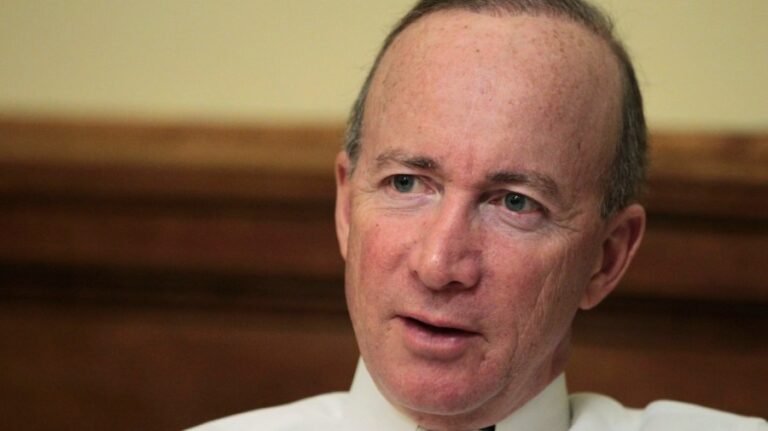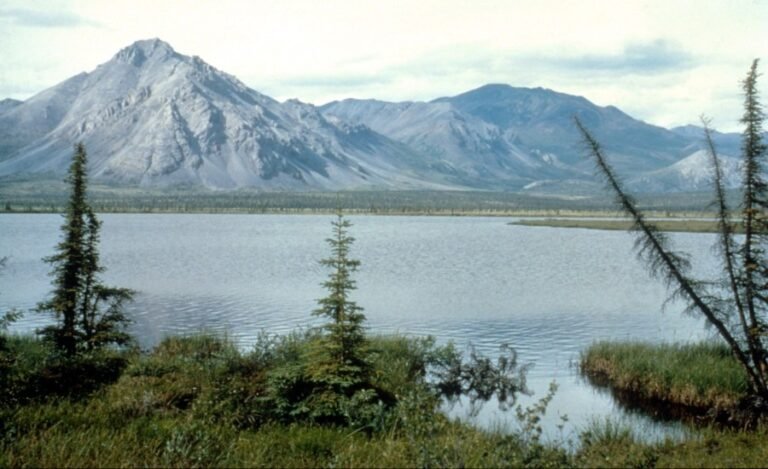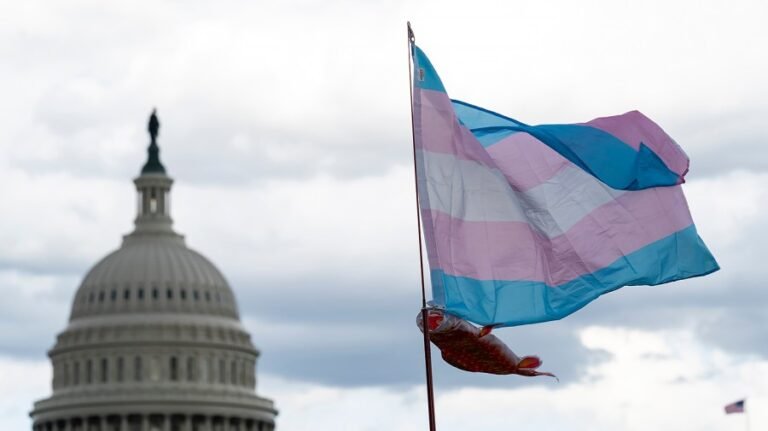The Oslo-based Nobel Peace Prize committee may have turned down President Trump’s latest bid for glory. Yet by honoring Venezuelan opposition leader María Corina Machado — at a time when Trump is openly backing efforts to topple the government in Caracas — it has laid bare the extent to which the peace prize has become a political instrument.
Trump’s allies have predictably fumed over his snub, and the White House itself drove the point home by accusing the Nobel jury of putting “politics over peace.”
But Machado, Venezuela’s “iron lady,” has long courted the Trump camp and even dedicated her prize “to the people of Venezuela and to President Trump for his decisive support of our cause.” In an NPR interview, she went further, declaring that if Trump succeeded in overthrowing President Nicolás Maduro, it would “ignite regime change” across the Americas — including in Cuba to Nicaragua.
Over the decades, no Nobel award has courted more controversy than the peace prize, which — unlike the other five Nobel awards chosen by the Stockholm-based Nobel Foundation — is selected and bestowed in Norway. The prizes bear the name of Alfred Nobel, the Swedish arms tycoon who made his fortune selling cannons and explosives.
The irony is enduring: An arms dealer’s legacy, now dispensed by a committee that too often confuses politics for peace. Nobel’s own will was explicit. The prize, he wrote, should go to the person who has done “the most or the best work for fraternity between nations, for the abolition or reduction of standing armies, and for the holding and promotion of peace congresses.”
That mandate has been repeatedly ignored. Geopolitical convenience, not peace, has become the guiding principle. Machado’s award — ostensibly for “promoting democratic rights for the people of Venezuela” — reads less like a tribute to peacebuilding and more like an endorsement of regime change.
Trump, of course, is no peacemaker, despite his victory lap for brokering a Gaza ceasefire. By ordering airstrikes on Iran, he betrayed his own 2025 inaugural pledge that his “proudest legacy will be that of a peacemaker and unifier.”
Yet the Peace Prize has gone before to war-makers and bloodstained militarists. Henry Kissinger, architect of the secret carpet-bombing of Cambodia and Laos, shared the 1973 award. Yitzhak Rabin, who oversaw the “force, might, and beatings” policy during the Palestinians’ First Intifada, was another laureate.
Far from honoring genuine peacemakers, the Nobel committee has often used the award to advance Western foreign policy interests. Machado is simply the latest in a long line of anti-regime figures crowned to signal Western solidarity.
Aung San Suu Kyi, now detained in Myanmar, and China’s Liu Xiaobo, whose 2010 award froze Norway’s ties with Beijing for six years, are prime examples. Oslo eventually pledged not to support actions undermining “China’s core interests.” When the committee blamed Beijing for Liu’s premature death in 2017, it apparently forgot its own geopolitical calculus.
Then there is Muhammad Yunus. Awarded the peace prize in 2006, he was hailed as a bridge between Islam and the West at a time when post-9/11 fears had gripped the West. Today, Yunus presides over rampant rights abuses and extrajudicial killings as head of an Islamist-leaning regime in Bangladesh. Yet the Nobel committee, having served its political purpose, looks the other way.
Such choices erode the moral authority that once gave the peace prize its aura. By turning it into a geopolitical signal, the committee diminishes its power to inspire genuine peacemakers. Instead of being a universal emblem of hope, the prize risks becoming a partisan badge of ideological alignment.
There is another danger: Politicized prizes can deepen the conflicts they claim to ease. When the Nobel committee sides publicly with one faction in a polarized nation, it emboldens that camp while hardening the regime’s resolve — fueling repression under the convenient label of “foreign interference.”
The committee’s habit of rewarding intentions over achievements makes things worse. The peace prize has become a tool to encourage desired political transitions rather than celebrate actual peacemaking.
If the committee continues to align its selections with geopolitical agendas rather than universal peace principles, it risks moral bankruptcy. A prize seen as a tool of soft power cannot credibly honor those who challenge power.
The Nobel committee still has time to restore integrity to the world’s most famous award. It can begin by returning to Alfred Nobel’s mandate: rewarding tangible efforts to reduce armed conflict and foster fraternity between nations. That would mean fewer political signals, fewer premature coronations, and a renewed focus on results, not rhetoric.
The world does not need another politicized trophy. It needs a genuine celebration of peacemaking — one that transcends ideology, resists manipulation and reclaims its moral core. Only then can the Nobel Peace Prize once again stand as what it was meant to be: A beacon of peace in an increasingly divided world.
Brahma Chellaney is the author of nine books, including the award-winning “Water: Asia’s New Battleground.”


